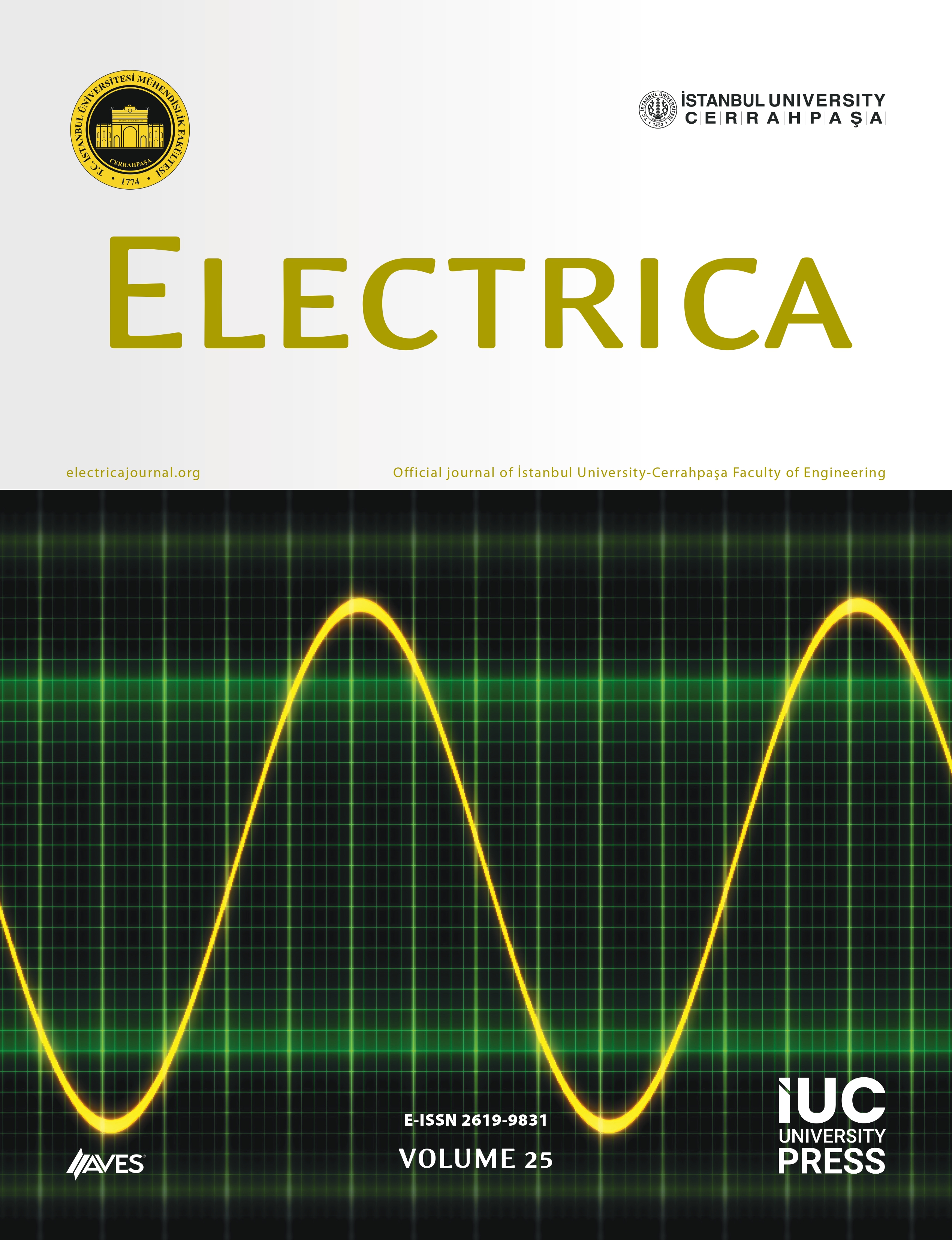The presence of responsive loads in smart grids affects the power system problems such as distributed generations (DGs) studies. Newly, due to increased interest in low carbon energy supply, installation of renewable energy sources (RESs) appears to be a promising solution for generating clean and unlimited energy. The penetration of photovoltaics (PVs) in distribution networks would definitely affect the power system problems such as capacitor installation strategies. Hence, an optimal procedure is proposed herein which takes into account the simultaneous placement of PV-based DGs, smart meters (SMs), and capacitors in distribution networks taking into account different load curves, electricity prices, and hourly photovoltaic power generation in a daily basis. SMs are taken into consideration for the sake of successful implementation of demand response programs (DRPs) such as direct load control (DLC) with end-side consumers. Moreover, the seasonal changes in daily load and renewable generations have been also modeled as an impressive factor in the founded methodology. The optimization procedure is handled with genetic algorithm (GA) and tested on IEEE 69-bus radial distribution test system aiming at minimization of energy losses costs. Focusing on numerical studies, the distributed reactive support capability of PVs in altering the SM and capacitor placement solutions are discussed in depth to certify their substantial effects. The obtained results are encouraging.



.png)

.png)